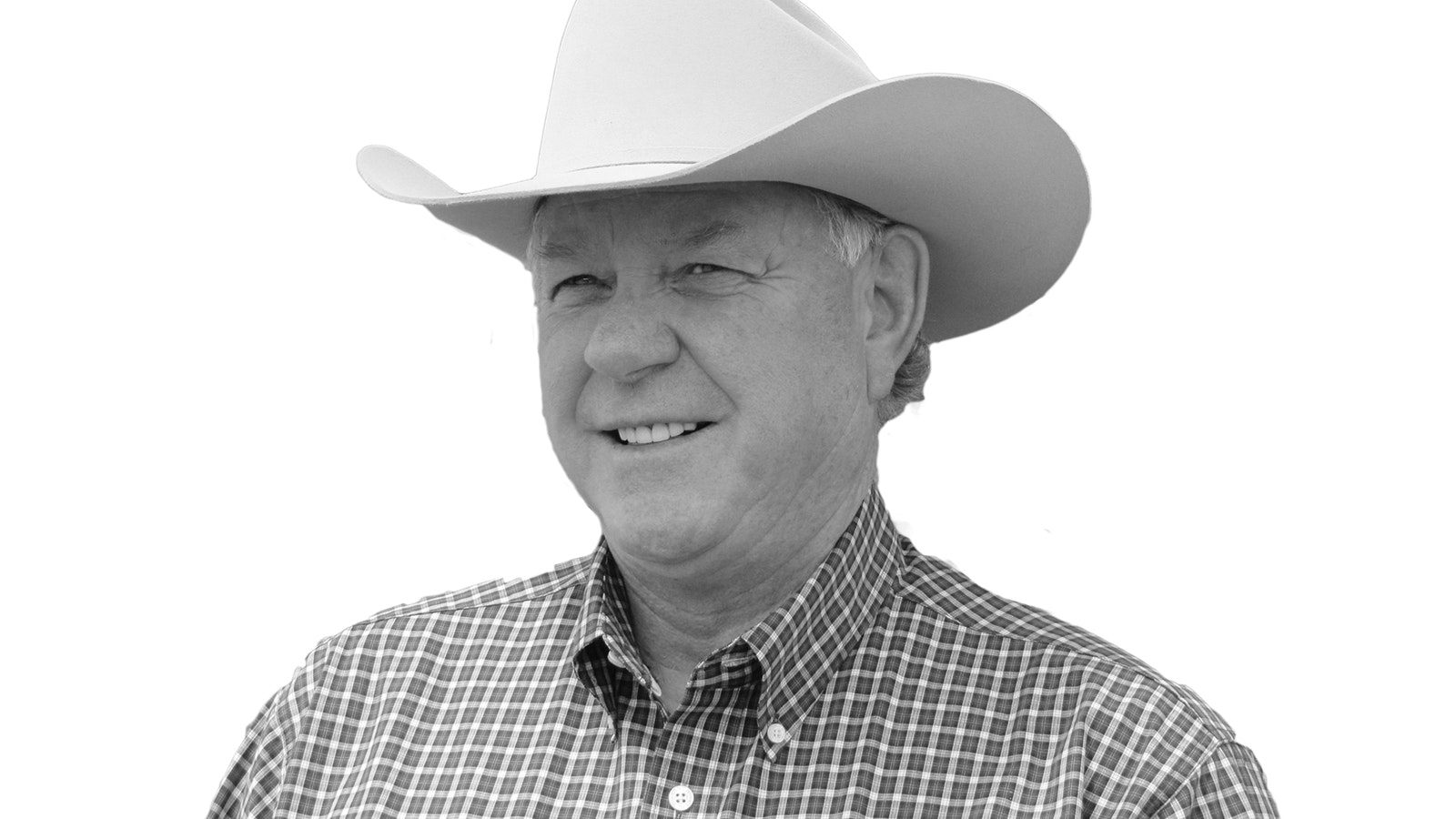June 28 was a great day, as the Supreme Court voted to overrule the Chevron doctrine.
When the forefathers wrote our Constitution, the separation of powers was heavy on their minds. It was the separation of lawmaking, law interpreting and law enforcing that they saw as the safeguard against the erosion of all the other elements of the Constitutional system.
Until now, we have had many federal agencies making decisions, interpretations and restrictions with water, federal lands and more without approval from Congress. Agriculture and energy have been the victims of many of these agencies’ overreach, brought on by the current and past presidents.
Another overreach of authority has been all of the executive orders (EO) given out by presidents. Some have been to counteract the previous president. I’m not sure if EOs come under this Supreme Court decision, but there needs to be restrictions on EOs replacing Congressional action.
Our current president has issued over 130 EOs. This is no way to run a government.
In the six to three court ruling, judges realized the 1984 Chevron decision was unconstitutional and it is unlawful for agencies to make decisions, interpretations and restrictions on their own.
As Timothy Sandefur, Goldwater Institute vice president of legal affairs, said, “The court declared Chevron is no longer a good law. In fact, Chief Justice John Roberts wrote, ‘The deference rule wasn’t even called for by ordinary federal laws which govern administrative agencies.’ Since courts must exercise independent judgement in determining the meaning of statutory provisions, even under ordinary law there was no reason to carve out exceptions to the Constitutional separation of powers, such as the deference rule.”
Sandefur also said, “This didn’t just endanger freedom, it was also profoundly undemocratic. These agencies aren’t accountable to voters in any meaningful way. They’re staffed by hired employees – not elected representatives – and because of Chevron, these employees were free to implement their own policy choices even if Congress had never considered such policies. Chevron also gave Congress a handy way to get out of its responsibilities, rather than writing laws which specifically declare what is or isn’t allowed, Congress began writing laws which gave broad power to agencies to make up the rules for themselves.”
Chevron has been cited more than 7,000 times by the lower courts, typically to defer to the branches of government when deciding policy questions.
It is terribly wrong for a president or people in their administration to develop decisions based on their own agenda. An agency making those overreaching decisions by itself is just wrong.
This country is governed by our Constitution.
I believe the deference rule was an easy way to manage climate change, and it was used as a tool to hinder oil and gas, coal and agriculture and to take total control of lands.
It’s hard for this bunkhouse lawyer to understand why we haven’t overturned this deference rule before now, but it should take the president’s mind off of his recent terrible debate.
Dennis Sun is the publisher of the Wyoming Livestock Roundup, a weekly agricultural newspaper available online and in print.





